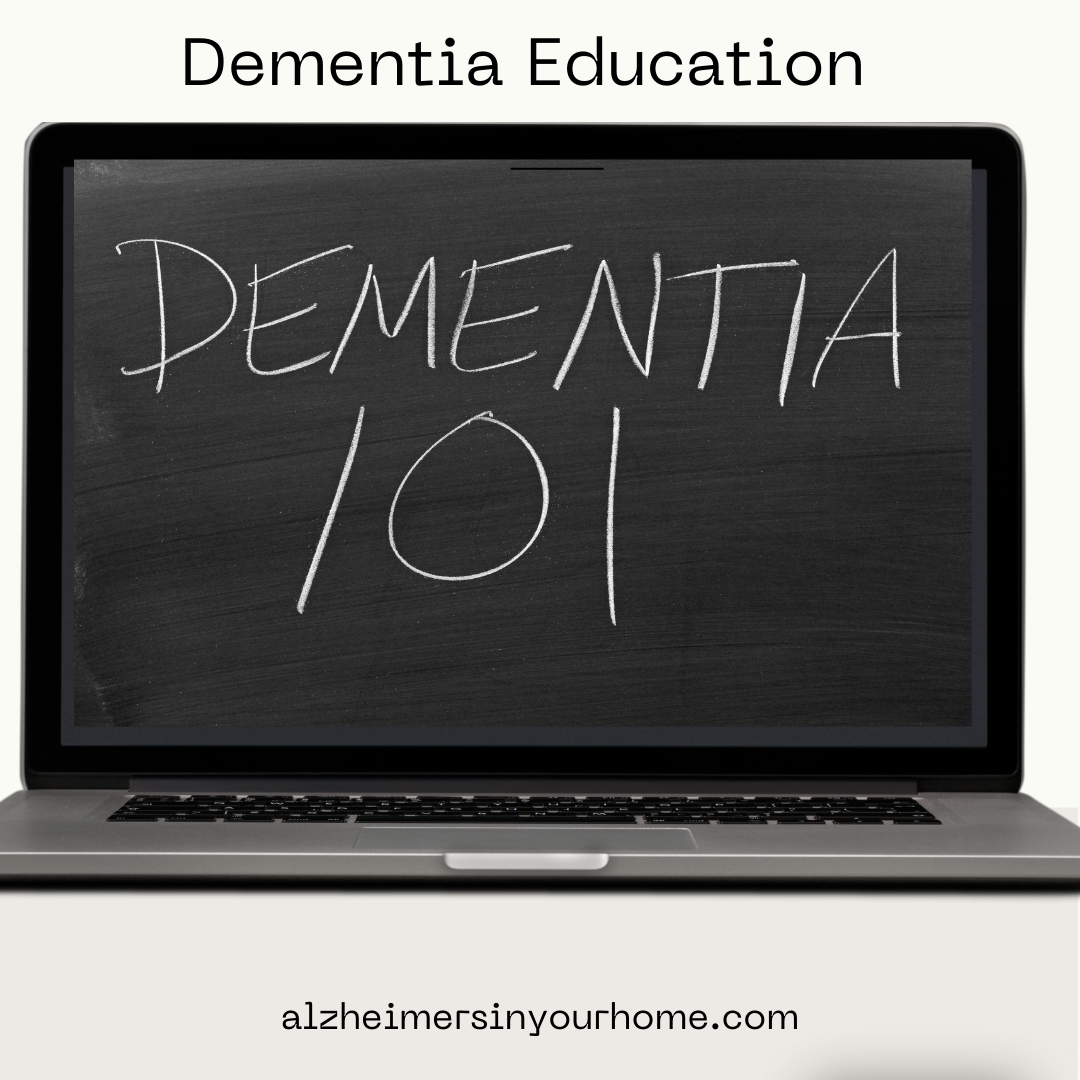Hiding dementia?
Do you have a loved one with dementia who struggles at home but seems completely fine at the doctor’s office?
Does it leave you feeling frustrated, wondering how to make the doctor understand what’s really happening?
Caring for a loved one with dementia can be an emotional and challenging experience. One of the most difficult aspects of the disease is that many people with dementia can hide their illness and appear normal to others, including doctors.
This phenomenon, sometimes called “showtime” or “host/hostess mode,” happens when a person with dementia temporarily appears more lucid in certain situations or around certain people. While it might seem like a relief in the moment, it often leaves caregivers struggling to get the doctor to see the full picture.
In this article, we’ll explore how those with dementia hide their symptoms, how “showtiming” fits into the equation, and what caregivers can do to ensure their loved one gets the care they need.

Hiding Dementia symptoms
Dementia is a progressive disease that affects the brain and causes memory loss, confusion, and changes in behavior. However, in the early stages, those with dementia may be able to hide their symptoms and appear fine to others.
People with dementia may try to hide their condition from others, either consciously or unconsciously, to avoid being stigmatized or losing their independence. Here are some common ways those with dementia try to hide their disease from others:
- Covering up memory loss: They try to cover up their memory loss by relying on notes or reminders, pretending to remember things they have forgotten, or avoiding conversations that require them to recall information.
- Making excuses: They may make excuses for their behavior or mistakes, such as blaming others or saying they are tired or not feeling well, rather than admitting to memory loss or confusion.
- Denial: They may deny that anything is wrong or refuse to acknowledge that they are experiencing memory loss or other symptoms of dementia.
- Pretending to understand: They may pretend to understand what is being said or nod along in conversations, even if they are not following the conversation.
- Avoiding social situations: They may withdraw from social situations to avoid being confronted with their memory loss or other symptoms of dementia.
- Using coping mechanisms: They may develop coping mechanisms, such as using humor or changing the subject when they cannot remember something or answer a question.
These behaviors can make it harder for doctors to see the true extent of the condition, particularly if the person with dementia engages in “showtiming.”
What is “Showtime”?
“Showtime” (or “host/hostess mode”) refers to when a person with dementia can temporarily present themselves as normal and coherent. It’s as if they are “on stage,” putting on a performance to appear more capable than they are.
This behavior is often limited to short bursts, typically lasting 15–20 minutes, but the exact duration can vary depending on the individual and the situation.
Showtiming can be especially frustrating for caregivers because:
- It gives doctors an incomplete picture of the disease.
- Friends or family might downplay your concerns because they only see the “good” moments.
It’s important to recognize that this isn’t intentional deception; it’s often a coping mechanism. Still, it creates a barrier to proper diagnosis and treatment.

Dreading the diagnosis can lead to hiding dementia
Many people with early dementia are afraid to go see their doctor. They are scared of what he will say. So refusing to see the doctor is typical. You may have to get creative to get them to the doctor’s office by using another reason.
A medicine check is one that has been found to work, especially if they are on a blood pressure medicine or another type of medicine that needs following up.
So if you can actually get them to go, you may find they are on their best behavior at the doctor’s office. But, unfortunately, they may have become pretty good at hiding dementia making it difficult for your doctor to realize there is an issue.
That is, until your doctor knows there may be a problem. Then, once he knows there may be a problem, he knows how to hone in and ask the right questions.
Recognize your loved one may be trying to hide dementia-related issues from the doctor. But for your doctor to treat your loved one, he must see the whole picture to help get an accurate diagnosis and provide appropriate care.

Signs to Share with the Doctor
Family members become the eyes and ears of the doctor. He depends on you to get him the information he needs. So it helps if you watch for signs of memory loss, confusion, and changes in behavior. You can help the doctor assess for the different types of dementia.
Signs of dementia that should be shared with your doctor:
- Memory loss
- Struggling to find words
- Forgetting how to do a familiar task
- Getting lost
- Struggling with date and time
- Trouble making decisions
- Poor judgment
- Trouble with numbers or money
- Placing items in odd places
- Personality changes
- Mood swings (calm to crying for no reason)
- Losing interest in family, friends, activities
- Difficulty reading
- Concentration problems

Tips for Sharing Information with the Doctor
So now that you know what to look for, how do you discreetly get this information to your doctor?
It can be very uncomfortable in the doctors examining room trying to tell the doctor about signs of dementia. In addition, your person with dementia may feel hurt, angry, or even betrayed by listening to you tell the doctor about their signs of dementia.
To avoid upsetting your loved one during the appointment:
- Call ahead: Share concerns with the nurse before the visit.
- Write a note: Hand it to the doctor or nurse discreetly.
- Use online portals: Many doctors’ offices allow you to message them through a secure app or portal.
- Nonverbal cues: Stand behind your loved one and use subtle gestures like nodding or shaking your head to confirm or refute their answers.
These approaches let the doctor understand the full picture without putting your loved one on the defensive.

Understanding the Doctor’s Role
Once the doctor is aware of potential issues, they can tailor their assessment to uncover symptoms the person might be trying to hide. This might include:
- Cognitive testing: Quick in-office exams to evaluate memory, reasoning, and judgment.
- Targeted questions: Designed to identify different types of dementia, such as Alzheimer’s, vascular dementia, Lewy body dementia, or frontotemporal dementia.
Keep in mind your doctor needs to talk to the person with dementia. He needs them to answer the questions if possible. Please don’t answer the questions the doctor asks unless absolutely necessary. Often family members will answer the questions. Please keep in mind by not letting them answer the questions, you may be helping them hide dementia.

Educate yourself on dementia.
Many families struggling with dementia do not know what type of dementia their loved one has. It can be difficult for a doctor to determine the type of dementia. The more pieces of the dementia puzzle he has, the easier it is to put together a diagnosis.
As a caregiver, educating yourself about dementia is one of the most powerful tools you have. Knowing the signs, symptoms, and progression of different types of dementia will:
- Help you recognize issues early.
- Allow you to provide better support.
- Make communicating with doctors more effective.
Understanding the disease will help you provide the doctor with information he needs to better diagnose the type of dementia, and help you better manage the challenges of caring for someone with dementia. Learn more on understanding dementia here.
Conclusion
Caring for a loved one with dementia isn’t easy, especially when they seem fine in front of others but struggle at home. Recognizing “showtime” behavior and working with the doctor to share the full picture will lead to better care and support for your loved one.
By educating yourself and being proactive in doctor’s appointments, you can help your loved one maintain their quality of life for as long as possible.
Hi, I'm Larea, I am a Registered Nurse specializing in Dementia Care, with 30 years of experience supporting dementia patients and their families. Over the years, I have provided care in diverse settings, including homes, hospitals, nursing homes, assisted living facilities, and hospice. My passion is guiding caregivers, sharing my knowledge and experience to help them navigate the challenges of dementia care with confidence and compassion.








